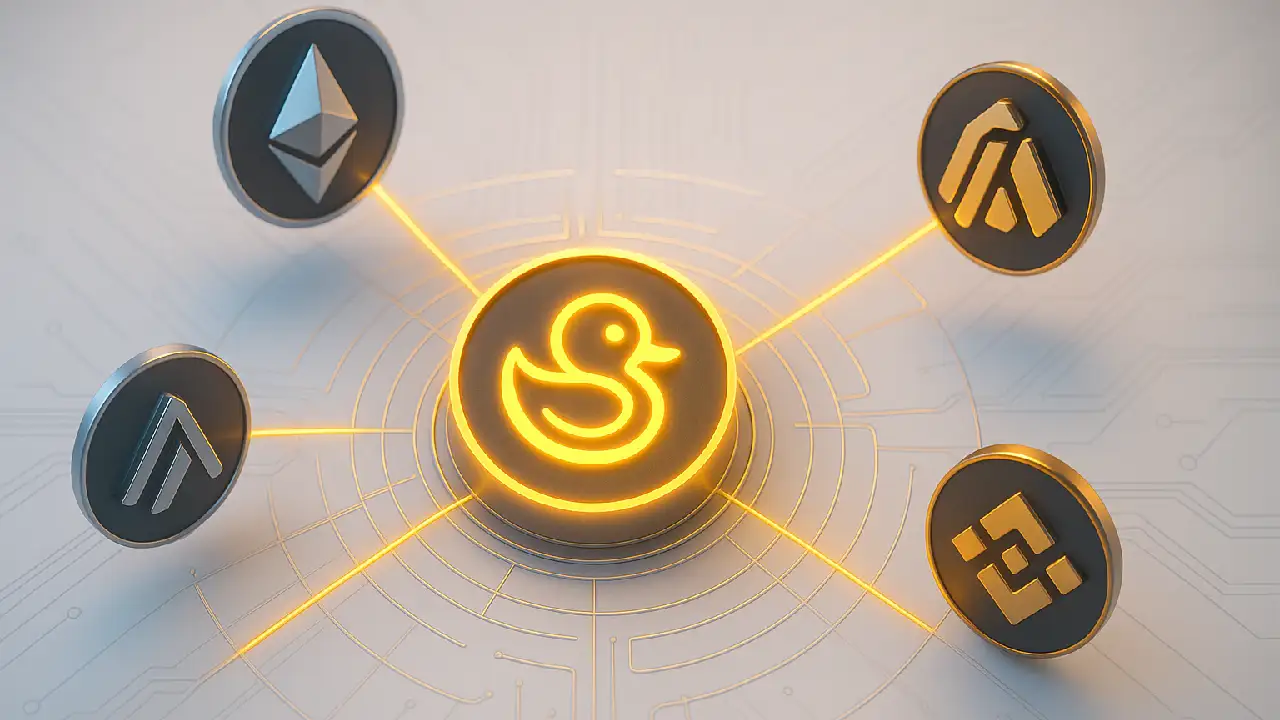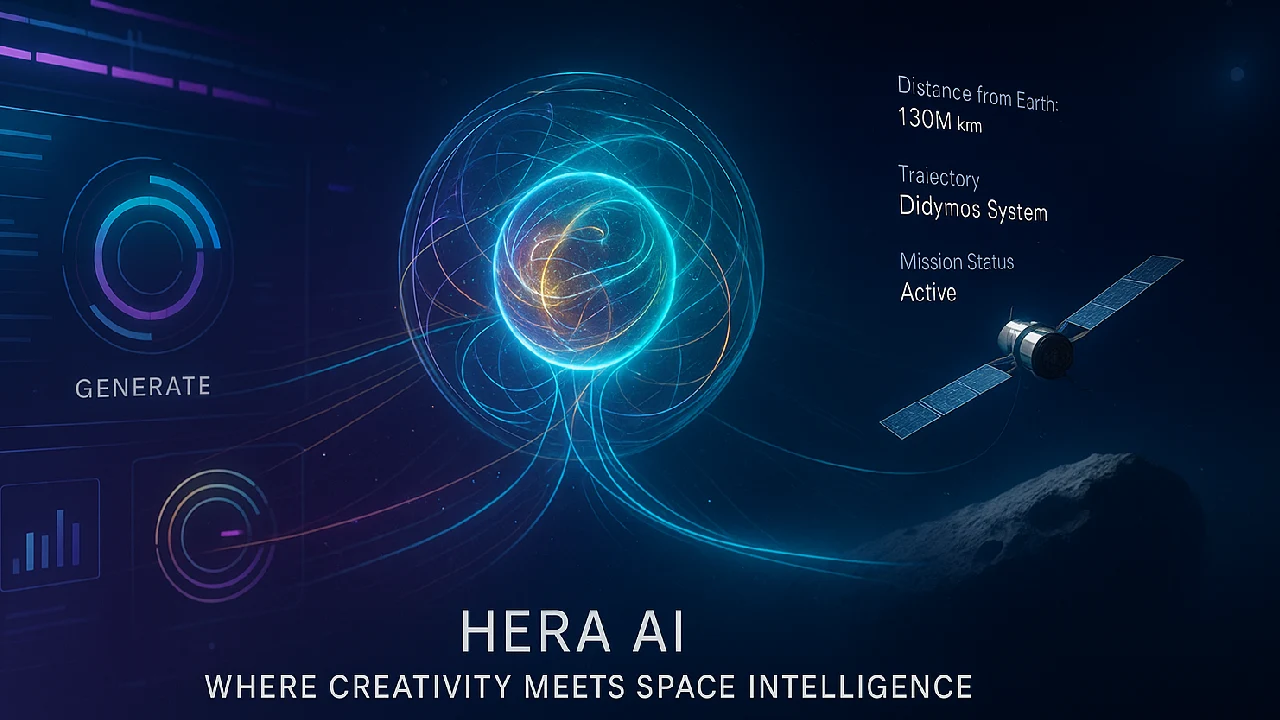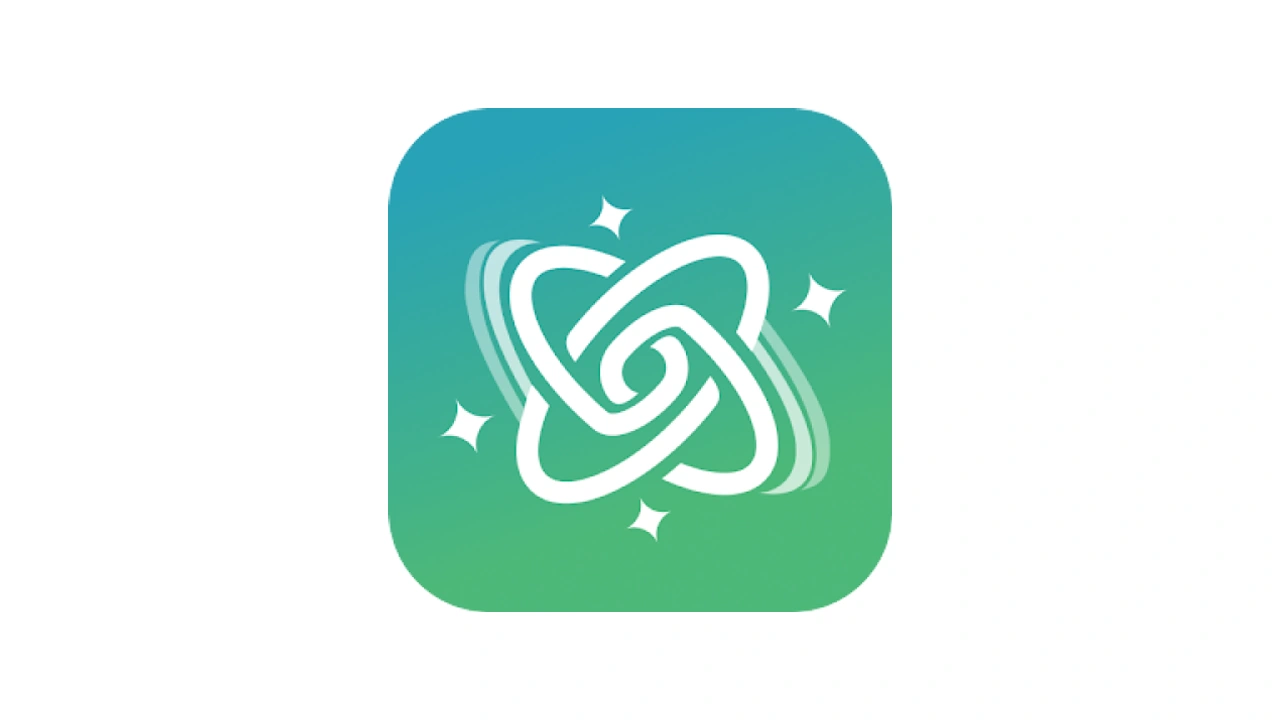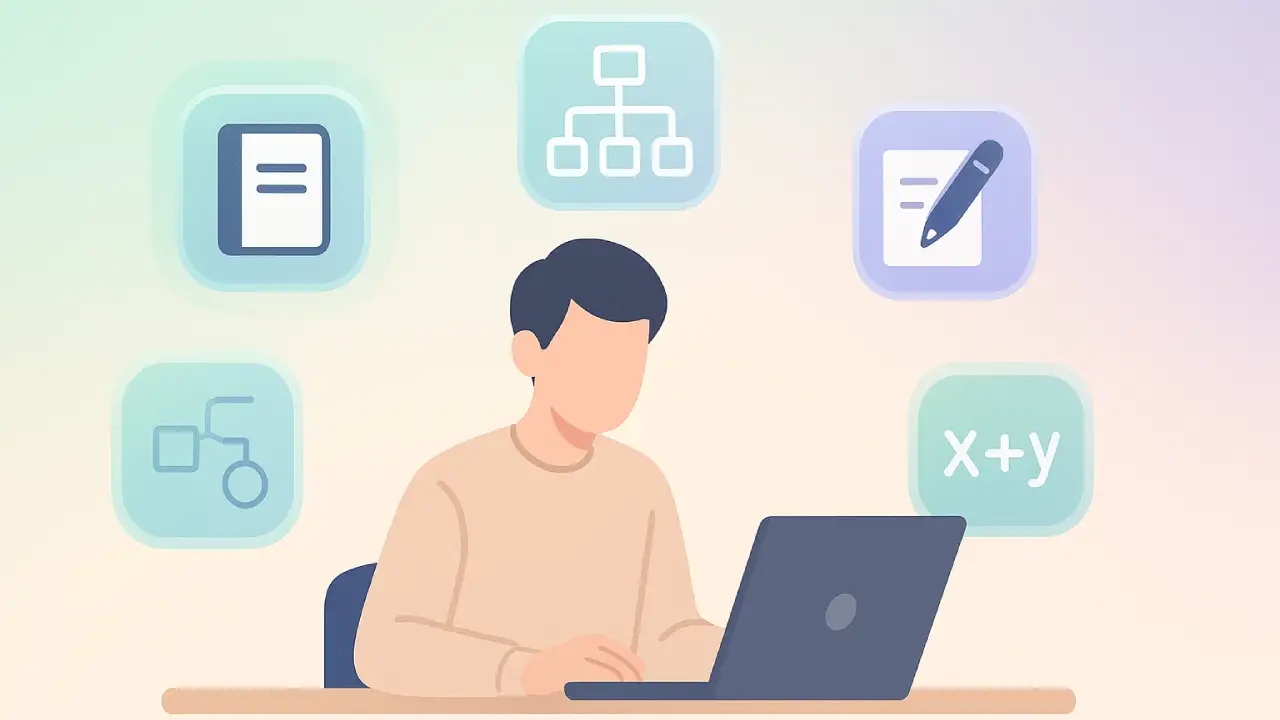Quack AI Governance is changing the way decentralized autonomous groups decide things.
Quack AI replaces slow and biased processes with rapid, logical, and transparent autonomous AI agents in a future where few people vote and initiatives get lost in red tape.
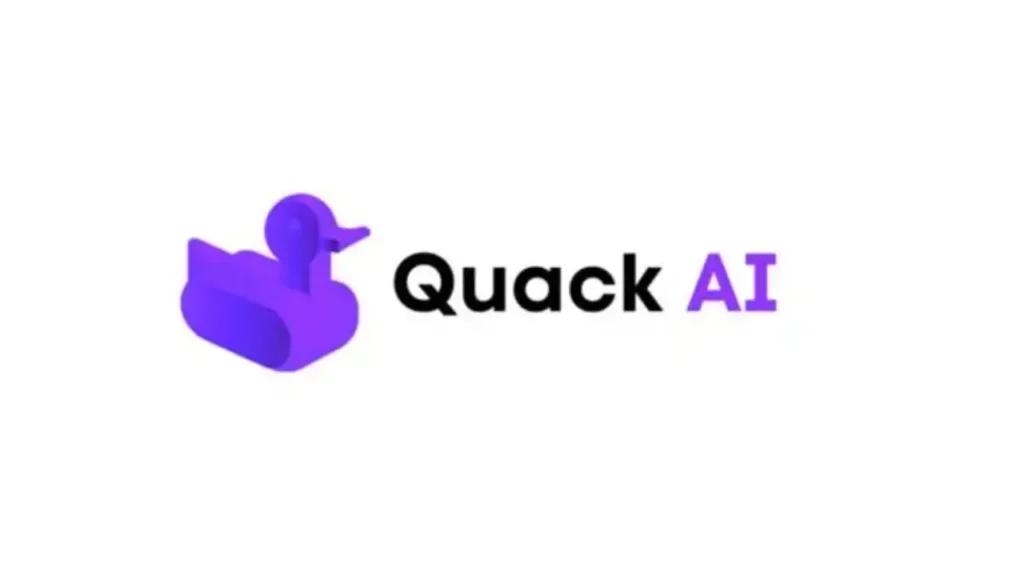
This blog post talks about how Quack AI works, what makes it unusual, and how it might change the way on-chain treasuries are run on different blockchains.
What is Quack AI Governance and Why It Matters
Traditional DAO governance has problems with too many proposals and whales manipulating the system.
A lot of DAOs depend on manual votes that are slow, unclear, or wrong.
Quack AI fixes this by making AI agents the main part of DAO operations. They look at data, suggest actions, and even carry out votes based on rule logic and past experience.
It works with ecosystems like Ethereum, Arbitrum, and BNB Chain, and it supports both ERC 20 and ERC 721 tokens.
How Quack AI Governance Works
Let’s simplify:
- AI Agents act like personal DAO advisors
- They read proposals assess risks predict impact and vote based on your preferences
- Proposal summaries are auto generated using data and sentiment
- Delegation allows assigning your vote to AI agents who follow your values
- Voting happens automatically without delay
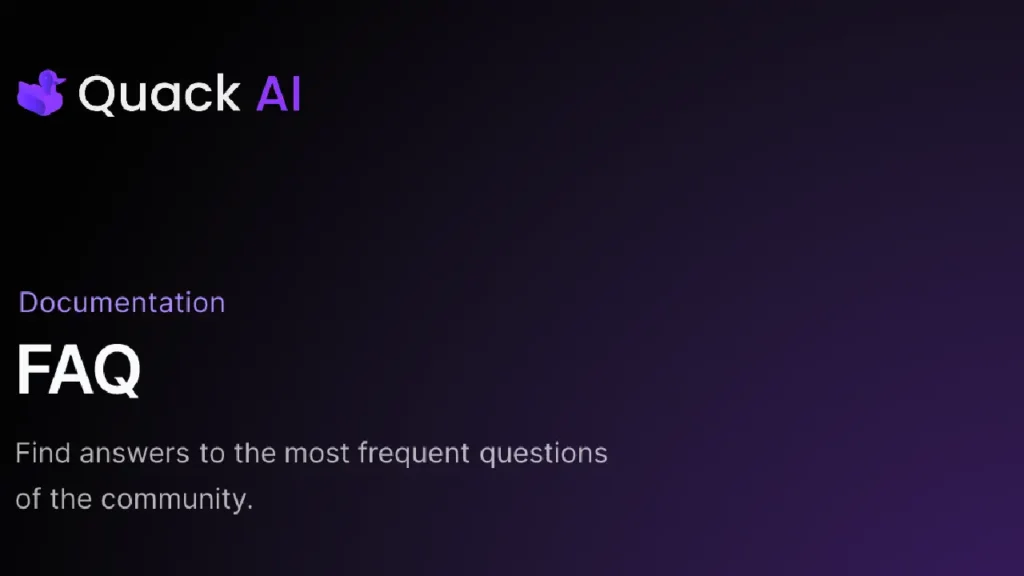
Key Features of Quack AI Governance
- Autonomous proposal review and voting
- Multi-token, multi-chain support
- Self-hosted contracts for Snapshot and on-chain workflows
- Risk scoring and sentiment tracking
- Transparent logic and user-configurable profiles
- Full audit trail and future explainable AI decisions
“The future of DAO governance isn’t just automation — it’s intelligent, explainable autonomy”
— From the Quack AI Developer Manifesto
Real World Impact for DAOs and Token Holders
Quack AI is already available on chains like Arbitrum, Optimism, BNB Linea, Metis, and Taiko.
On DuckChain:
- Token holders use $DUCK and SBT tokens to participate
- Genesis Members get over 33000 $DUCK in phased rewards
- 50 percent of DuckChain transaction fees go to active governance participants
On Arbitrum:
- An opt in AI governance layer is being tested
- No changes to contracts are required
- Pilot includes AI summaries voting suggestions and permissionless proposals
Challenges and Considerations
While Quack AI has strong potential some challenges remain
- Ensuring AI models are reliable and unbiased
- Compliance with new AI regulations especially the EU AI Act
- Building user trust and transparency into automated governance
- Maintaining privacy and clear data policies
- Explaining AI decisions in human friendly ways
Quack AI vs Traditional DAO Tools
| Feature | Quack AI Governance | Snapshot Aragon |
|---|---|---|
| Voting method | AI based automatic | Manual |
| Cross chain support | Yes | Limited |
| Proposal analysis | Yes with AI | No |
| Delegation system | AI or user based | Manual only |
| Execution speed | Instant or near instant | Often delayed |
| Logic customization | Rule based and flexible | Static |
| Transparency roadmap | In development | Manual records |
Roadmap and Ecosystem Expansion
- Raised 36 million from investors including Animoca Brands
- Expanding into more DAO ecosystems
- Roadmap includes explainable AI public audit logs and governance tools for other protocols
Quack AI wants to be the default governance layer for decentralized systems that work across chains.
Conclusion
Quack AI Governance is a strong alternative to the slow and broken DAO solutions we have now. It makes crypto governance bigger, more open, and smarter by using smart delegation, AI-driven proposal analysis, and real-time implementation. This is a governance tool that you should keep an eye on, whether you own tokens, run a DAO, or design blockchains.
Would you trust an AI to cast your vote? Tell us.

